The week-long capacity-building workshop for Ghanaian journalists in Science, Technology, and Innovation (ST&I) reporting, organised by the British High Commission Accra in collaboration with the Responsible AI Lab (RAIL) at Kwame Nkrumah University of Science and Technology (KNUST) and the Ministry of Environment, Science, and Technology (MEST), concluded on February 28, 2025.
The workshop, held from February 24 to 28, aimed to enhance journalists’ ability to drive measurable behaviour change and contribute to broader policy objectives in public understanding of science and technology.
The closing events included a lecture on ethics and innovation, a discussion on data privacy and protection, a field trip to the West African Centre for Cell Biology of Infectious Pathogens (WACCBIP), an innovative pitch session where journalists presented their ideas for funding and an awards ceremony and a dinner hosted by Her Excellency Harriet Thompson, the British High Commissioner to Ghana.
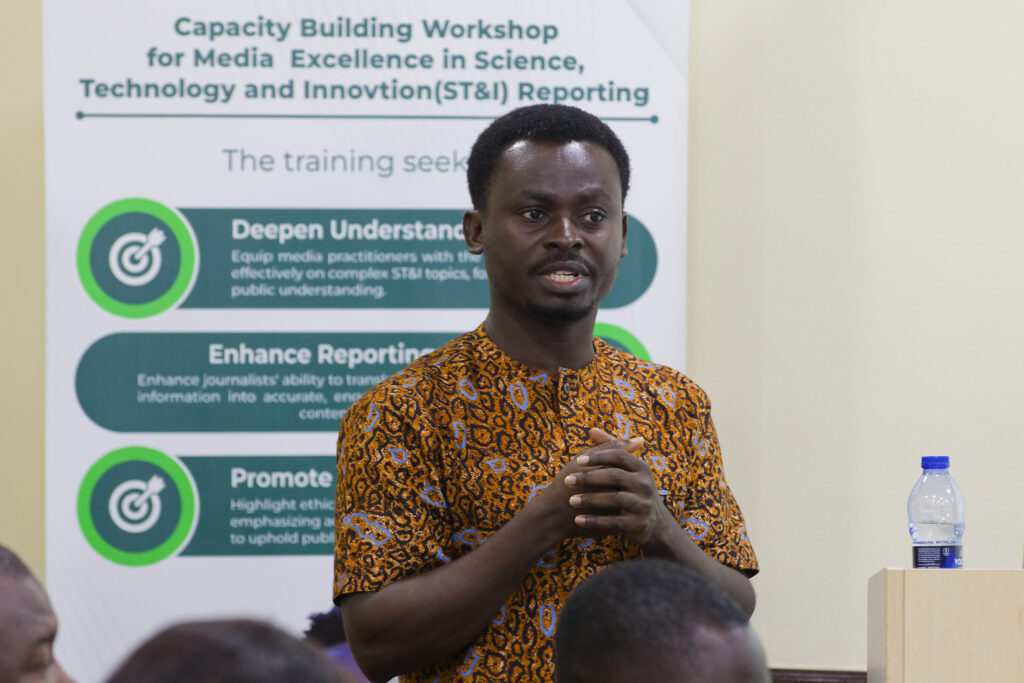
Mr. Albert Owusu-Ansah, Head of the Environment, Science, and Energy desk at the Ghana News Agency (GNA), led a session on ethical ST&I reporting. He emphasised the importance of understanding the science, examining who benefits and who suffers, looking beyond corporate Public Relations (PR), considering regulation and policy, and humanising the story. His insights gave journalists a framework for responsible and impactful reporting in science and technology.
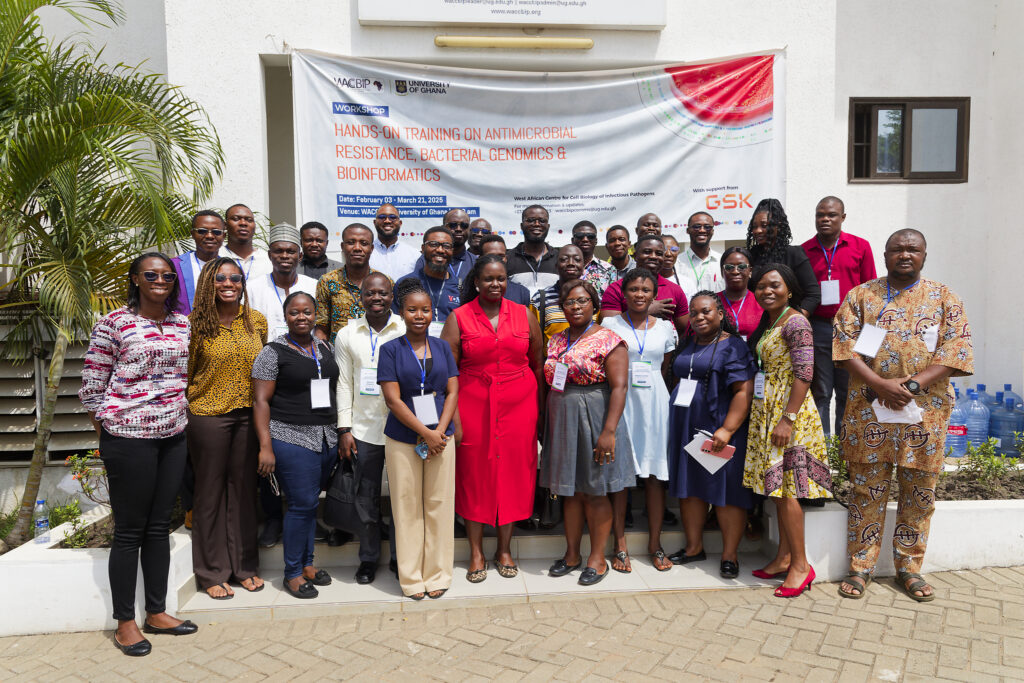
Participants visited the West African Centre for Cell Biology of Infectious Pathogens (WACCBIP) at the University of Ghana, where they toured the facility and learned about its groundbreaking research.
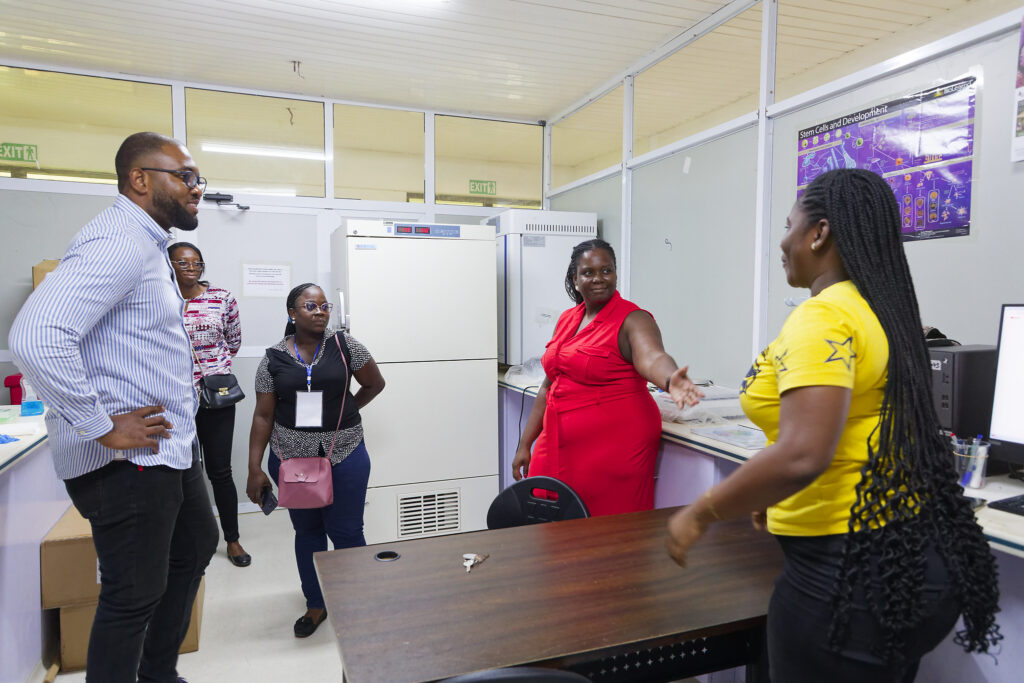
Dr. Henriette Mensah-Brown, Senior Research Fellow at WACCBIP, introduced the journalists to the center’s work on malaria and COVID-19 research. She showcased WACCBIP as a hub for graduate science studies and mentioned its efforts to make science accessible to all, including marginalised communities. A video documentary and a docudrama on the challenges faced by the deaf in healthcare showed the centre’s commitment to community education and inclusivity.
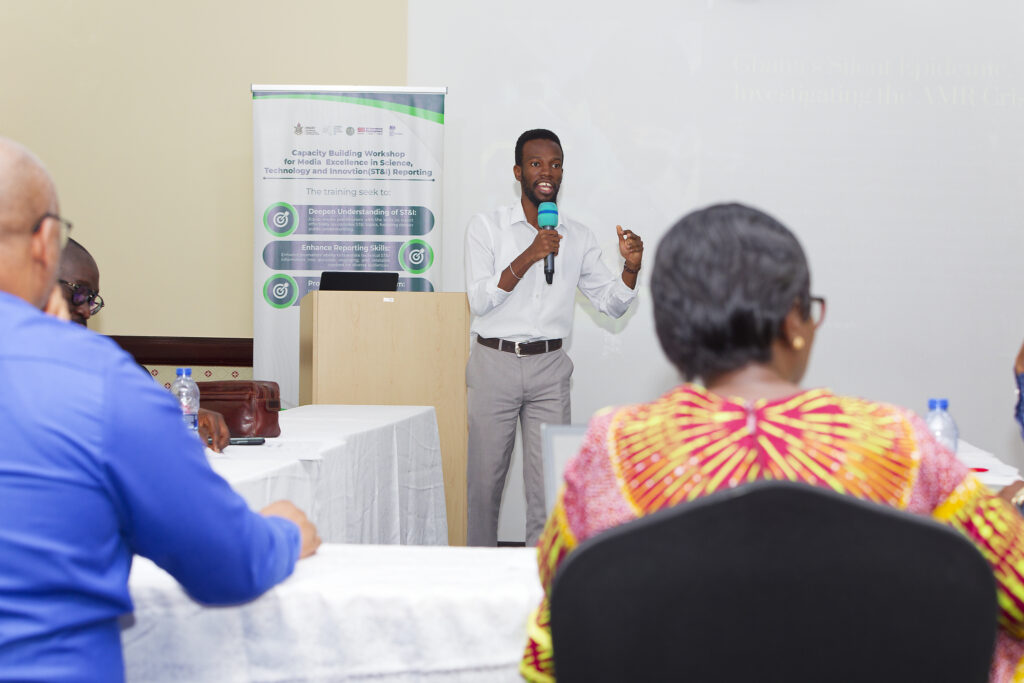
One of the workshop’s highlights was the innovative pitch session, where journalists presented their ideas for funding opportunity. A panel of distinguished judges, including Prof. Jerry John Kponyo (Principal Investigator and Scientific Director of RAIL), Mr. Johnson Masagotin Singir (Science and Innovation Officer at the British High Commission Accra), Mrs. Linda Asante Agyei (Vice-President of the Ghana Journalists Association), Mr. Emmanuel Dogbevi (Editor of Ghana Business News and Executive Director of Newbridge Africa), Benjamin Akakpo (Assistant Editor at Multimedia Group Limited), and Mrs. Gloria Holm-Graves (Head of Public Relations at MEST), evaluated the pitches.
The top 10 winners were each awarded £1,000 to realise their innovative ideas and will also visit the Imperial College London for further training. The winners are:
- Anass Sabit (Gaskiya FM)
- Dr. Emmanuel Raphael Samani (Tobinco Media Group)
- Kingsley Elijah Hope (News Times Corporation)
- Mavis Offei Acheampong (Ghana Broadcasting Corporation)
- Edward Acquah (Ghana News Agency)
- Edward Ken-Zorre (Diamond FM, Tamale)
- Emmanuel Bright Quaicoe (The Multimedia Group)
- Linda Dede Nyanya Godji Incoom (Agrighana Online)
- Richard Owusu-Akyaw (The Chronicle)
- Michael Donne Dewornu (Ghana Broadcasting Corporation)
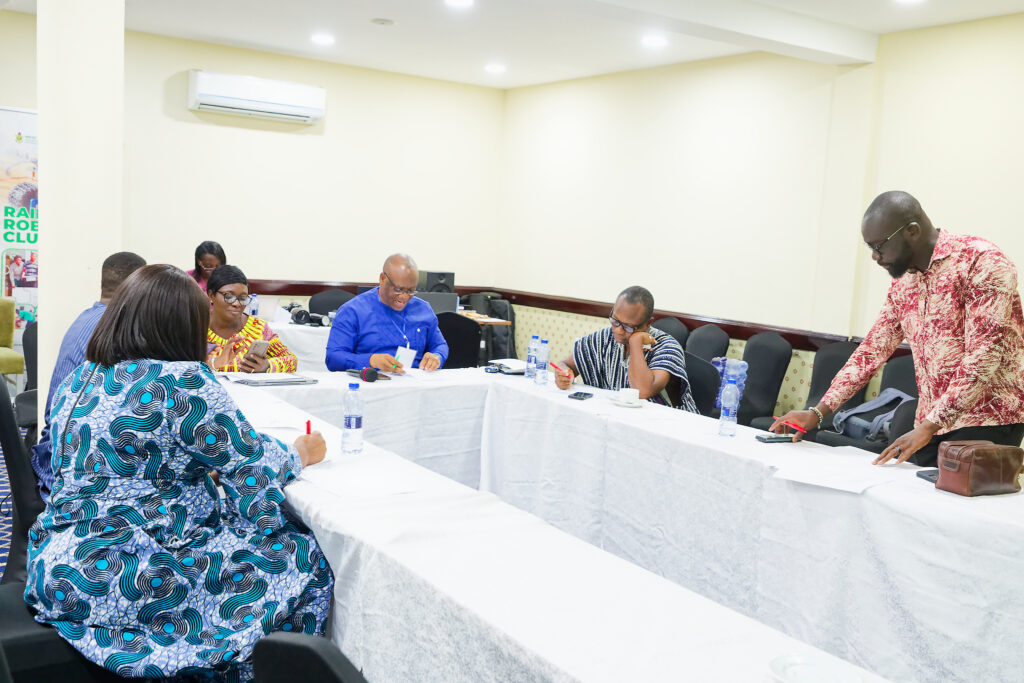
The pitch session showcased the creativity and commitment of Ghanaian journalists to advancing ST&I reporting, with ideas ranging from leveraging AI for investigative journalism to creating multimedia platforms for science communication.
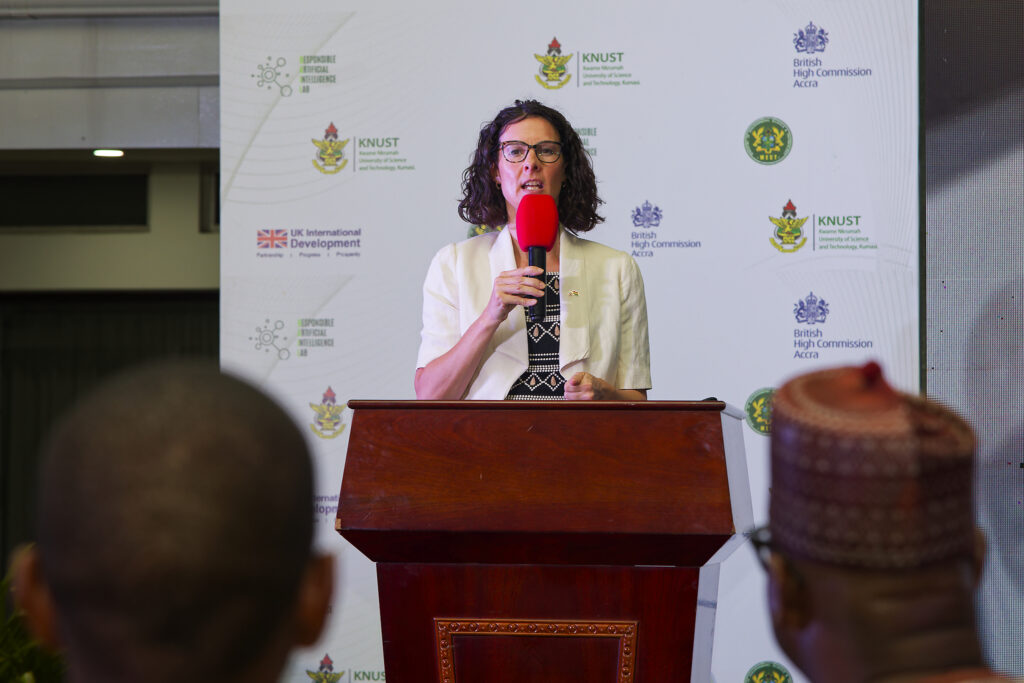
The workshop concluded with a networking dinner at the residence of Her Excellency Harriet Thompson, the British High Commissioner to Ghana. In her welcome address, she commended the participants for their dedication and indicated the growth rate of Ghana’s network of science communicators. She noted the increased visibility and promotion of science journalists trained the previous year. She urged the current cohort to build lasting relationships and continue raising awareness of ST&I while combating misinformation in the media.
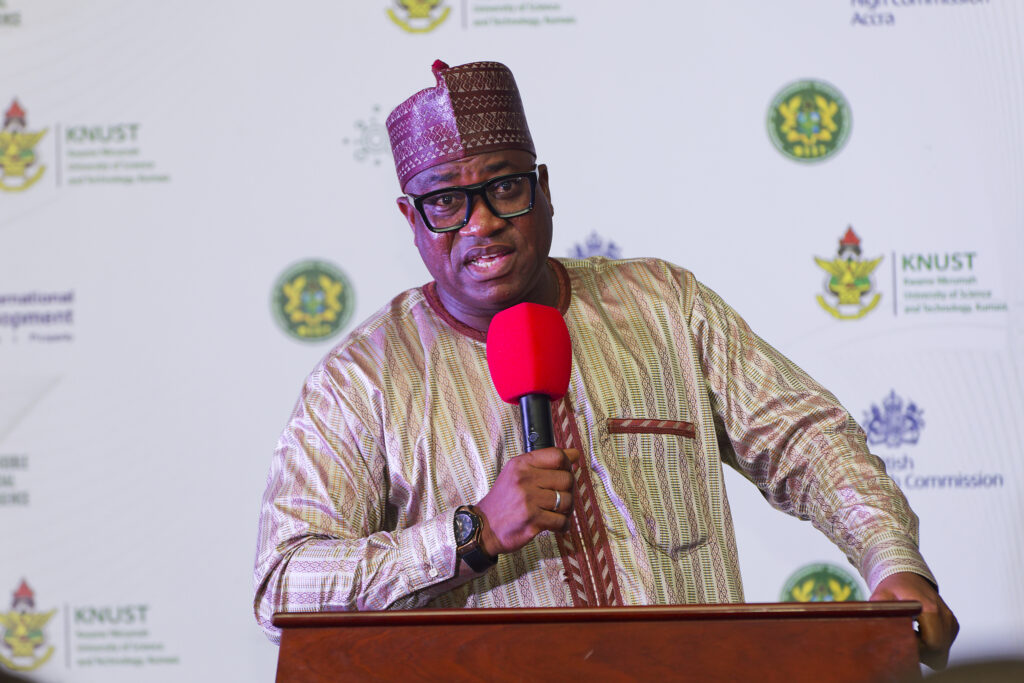
Hon. Dr. Ibrahim Murtala Muhammed, Minister for Environment, Science, and Technology, emphasised the pivotal role of ST&I in national development. He called for the integration of STEM education across all fields and the commercialisation of research outputs. He also urged the media to take responsibility for moving the country forward through accurate and responsible journalism.
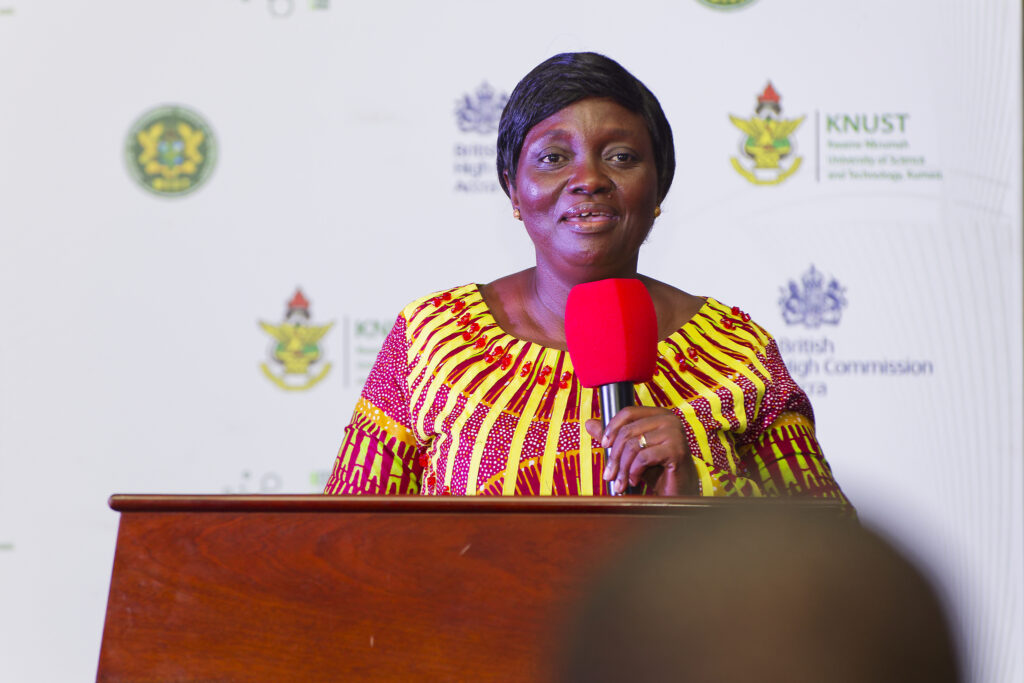
Mrs. Linda Asante Agyei, Vice-President of the Ghana Journalists Association, encouraged participants to leverage AI and ST&I reporting to uncover hidden stories. She highlighted the formation of a network by the first cohort of ST&I reporters and urged the current participants to join and expand this network.
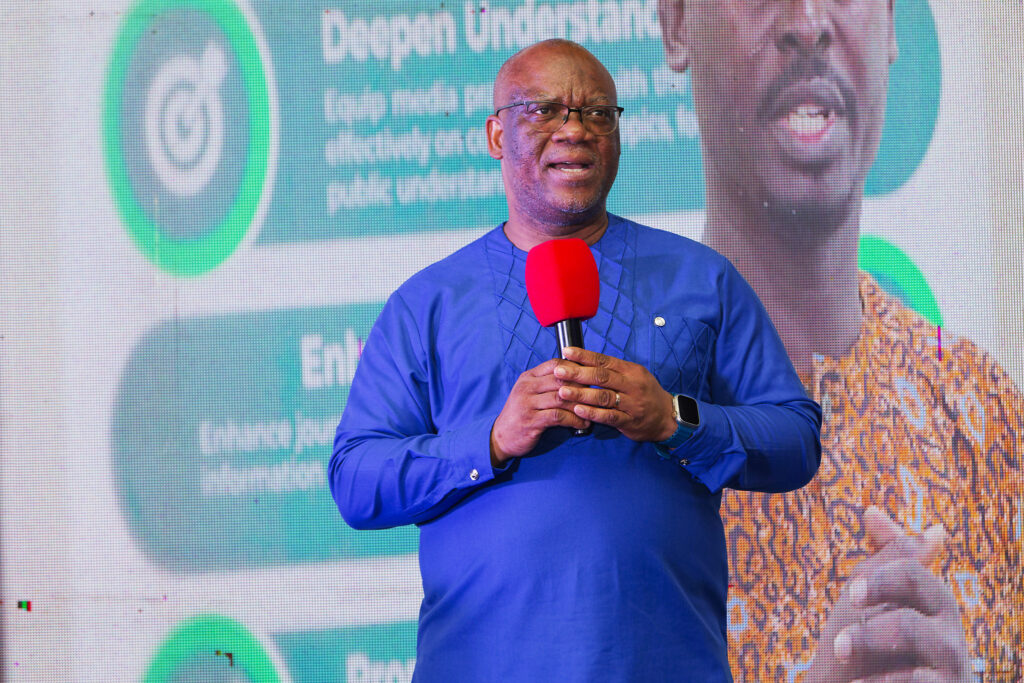
Prof. Jerry John Kponyo, Principal Investigator of RAIL, delivered the closing remarks, thanking all stakeholders for making the workshop successful. He described science communication as both an art and a skill and expressed optimism that this workshop marked the beginning of many more initiatives to strengthen ST&I reporting in Ghana.
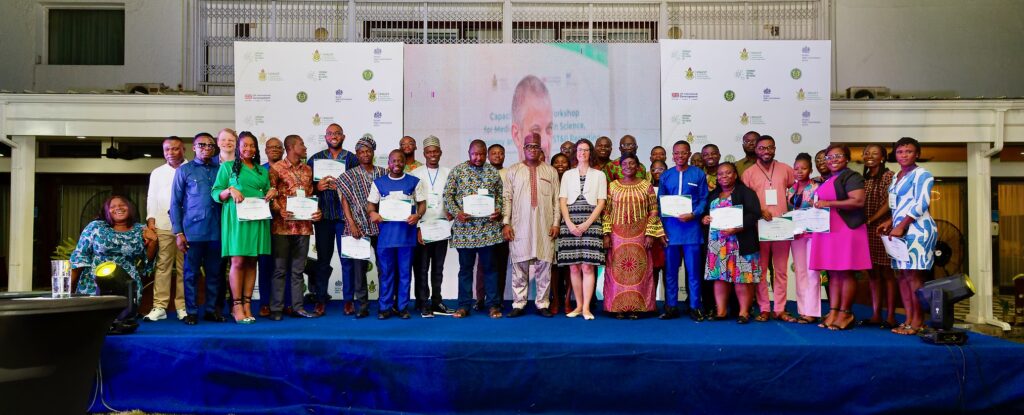
All journalists who participated in the workshop received certificates of participation.
The workshop effectively equipped journalists with the tools and knowledge to report on science and technology and fostered community and collaboration among participants. With the support of the British High Commission, RAIL, and MEST, Ghanaian journalists are poised to play a transformative role in shaping public understanding of ST&I and driving national development.